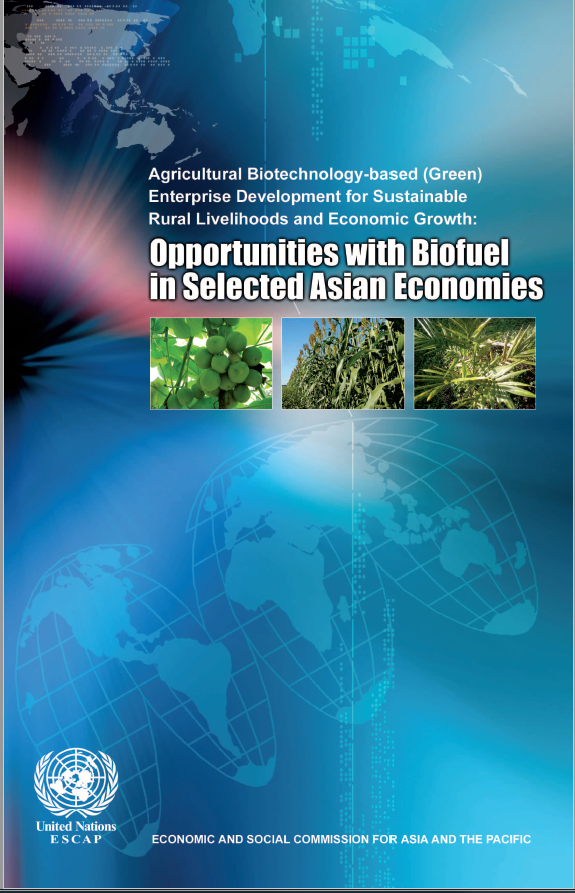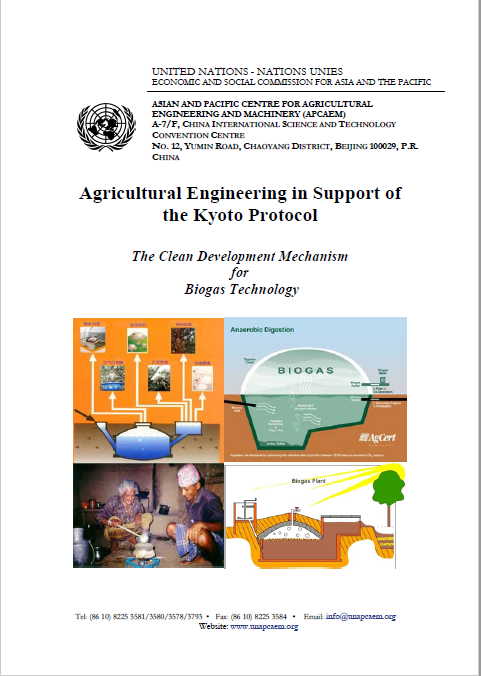Biofuels have a long history of use in different parts of the world but they were always found to be expensive and inconsistent in their quality and supply. In the mean time, crude oil as an option is falling out of favour because of the continuous increase in the crude oil prices, its adverse environmental impact and the international commitment to the Kyoto Protocol. The situation has motivated a growing number of countries to implement 鈥渂io-energy policies鈥�. In terms of energy-equivalence, there聽is no major difference between petrol and ethanol as 1 litre of petrol has the same energy content as 1.5 litre of ethanol. This has prompted keen interest in the聽development of biofuels across the world. On a global level, production of biofuel is spearheaded by Brazil and the United States followed by China. Currently, about 70 per cent of global ethanol production comes from Brazil and the United States. In these two countries, biofuels have become part of the national strategy for economic development with a sharper focus on agricultural development. Such transition is also the result of environmentally conscious initiatives, including the U.S. oxygenated fuels program. Recently, the EU has also launched a major programme on biofuels, enumerated in the EU Biofuels Directive for development and import of biofuels.

This paper discusses the main findings of research conducted by Caleb on the potential of CDM for the commercialization of the small- to large- scale Integrated Biogas System (IBS). IBS utilizes a system approach for the efficient management and conversion of agro-industrial waste into clean biogas and organic fertilizer. The methane captured could either be used for electricity generation in large/medium commercial enterprise or used for cooking, lighting and heating hot water in small scale community.
